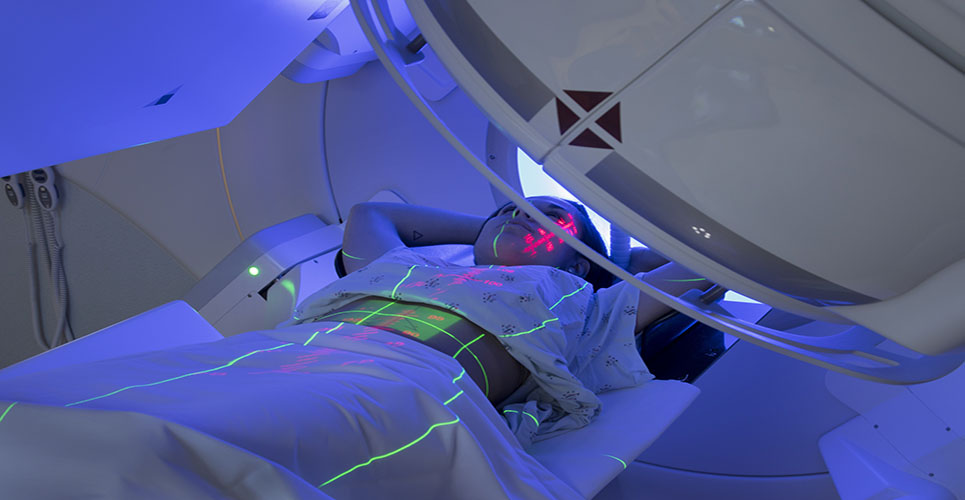teaser
Determining how a cancer tumour would react to a particular chemotherapy before it is administered has taken a step closer to reality.
Scientists in Los Angeles have developed positron emission tomography (PET), which monitors biochemical processes, to reveal metabolic activity associated with the uptake of drugs.
A patient may respond to one drug but not another, or quickly become resistant to a drug, or suffer serious side effects. At present, the outcome is an informed gamble.
But with a PET scan, a probe linked to commonly used chemotherapy drugs can be radioactively tagged to reveal how they are absorbed – or not – by the cancer cells.
Rachel Laing, a University of California graduate researcher said: “The PET scan offers a preview for how the tumour will react to a specific therapy.
“We believe that the tumour cells that absorb the probe will also take up the drug. If the cells do not absorb the probe, it suggests that the tumour might respond better to another medication.”
Copyright Press Association 2009

